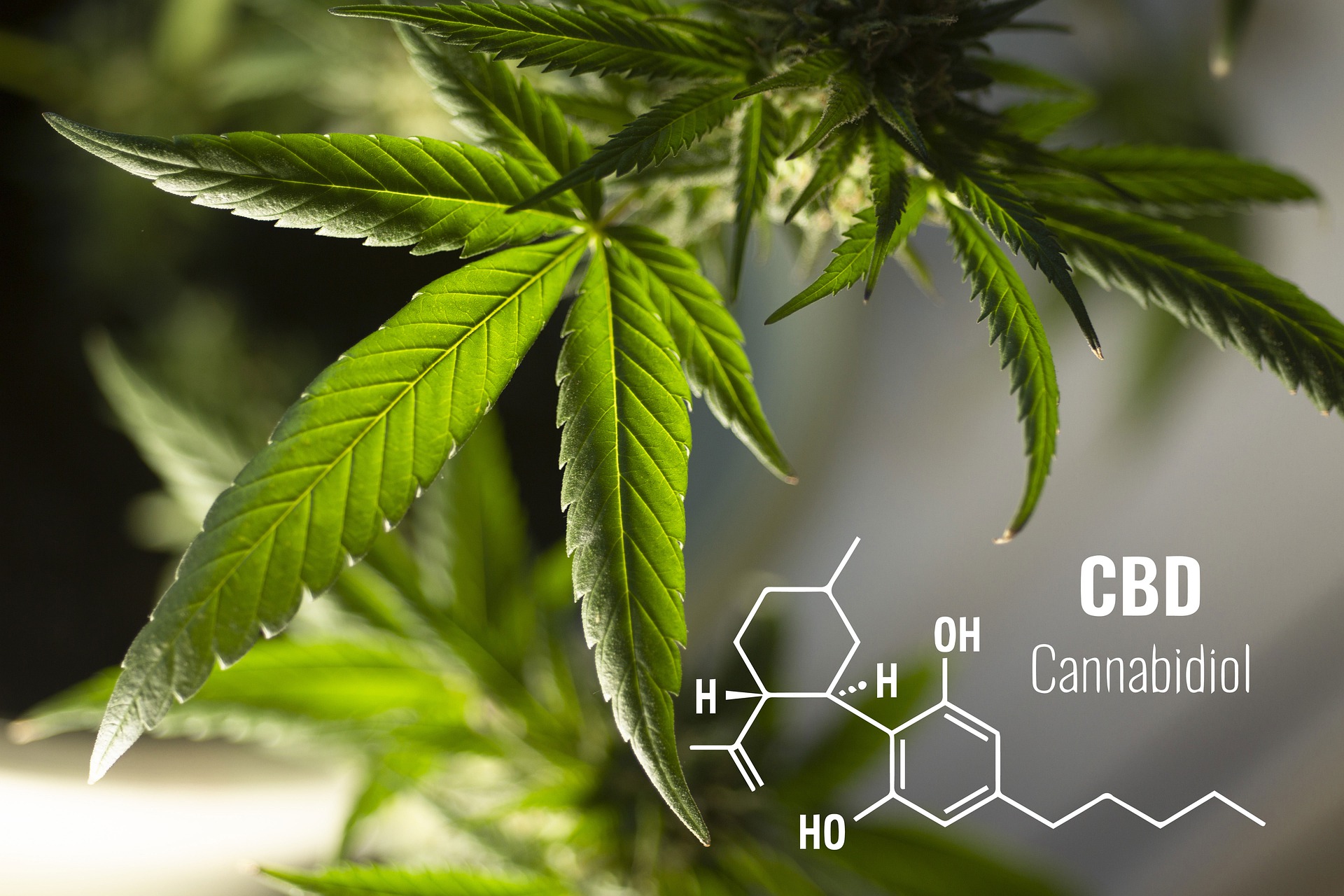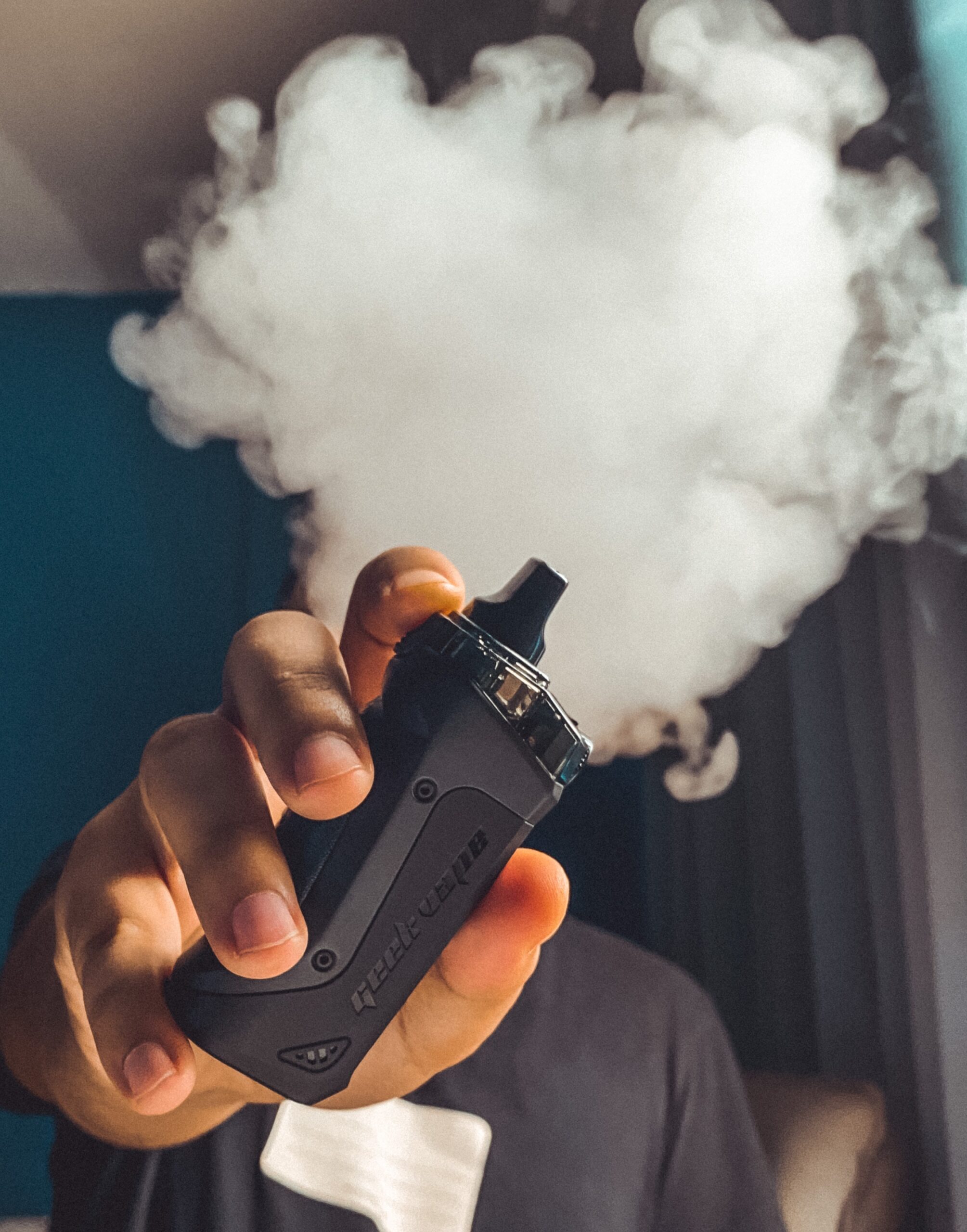Cannabinoid Receptor Type 2 (CB2) is crucial in the function of the Endocannabinoid System (ECS). CB2s are predominantly located outside the central nervous system. They are intimately connected with the immune system [1], and thus are being studied in their effects on inflammation, immune disorders and digestive function. By stimulating and interacting with CB2s, CBD and THC have the potential to directly influence immunity. Furthermore, by finding ways of enhancing our body’s natural production of endocannabinoids, we have the opportunity to balance immune function, which is crucial to healing any disease in the body. Through studying CB2s, we can deepen our understanding of immune function, and overall well being.
A Quick Refresher…
As we covered in part 1, the Endocannabinoid System (ECS) is found in all mammalian nervous systems, and is responsible for a wide variety of homeostatic functions. It is linked, and has an influence, on all the major organ systems of the body. Endocannabinoids and cannabinoids, such as THC and CBD, interact with the ECS through Cannabinoid Receptor Type 1 (CB1) and Cannabinoid Receptor Type 2 (CB2). These receptors are the sensory and communicative components of our ECS, and are responsible for telling this system how to respond and direct the body, through receiving information from endocannabinoids and cannabinoids. Due to the interconnections of the ECS, the CNS and the rest of the body, we can observe a wide variety of benefits from consuming cannabis oils. These benefits include reduction in inflammation, relief from anxiety, and an overall state of well-being.
How CB2 Supports Your Whole Body…
Immune function is key in overall health. Inflammation is an immune response, and in excess it is connected to nearly every modern and chronic disease. Cannabis’ positive effects on inflammation is a prime contributor to its broad benefits. Why is this? Because of the ECS, and the peripheral presence of CB2 in immune tissue. Through the activation and stimulation of CB2, researchers are finding ways of reducing inflammation, and balancing the immune system [2].
Research is in its infancy regarding the ECS, CB1 and CB2. However, the research that has emerged is very promising. In this study, researchers have found that CB2 regulates all levels of immunity “by a number of mechanisms including development, migration, proliferation and effector functions”. Furthermore, CB2 regulates the operation of all immune cell types so far observed [3]. Fascinatingly, CB2 signals through stimulation and inhibition, depending on several factors related to body functions, and the presence or lack of endocannabinoids. For these reasons, CB2 has become a focus for the study of inflammatory response, and various treatments, including the intake of CBD, THC and other cannabinoids.
CB2 influences several important immune cell functions. In order for immune cells to mature, they migrate between different systems, such as from the bone marrow to the thymus gland. Immune cells also must proliferate in correct amounts for heathy immune function. Correct amounts refers to a Goldilocks-type effect, where over proliferation of immune cells can result in autoimmunity, and too little proliferation can result in immunodeficiency. It is crucial to maintain a balanced proliferation of immune cells. CB2 has been observed in vitro to impact both immune cell proliferation and migration positively and negatively. This means CB2 potentially has a dual-directional, or adaptogenic effect on immune cells.
CB2 & Inflammation
Inflammation is an immune response. When immune cells release certain proteins, lipids and compounds, such as inflammatory cytokines, this signals the body’s tissue to enter a state of inflammation. Depending on the location of the immune cells, and what they release, it will target certain tissue to become inflamed. CB2 activation, from endocannabinoids, or cannabinoids such as THC and CBD, has been shown to inhibit the production of certain inflammatory compounds [4]. There is some exciting research being developed between CB2 activation and a number of serious inflammatory diseases, such as rheumatoid arthritis, IBD, atherosclerosis, autoimmunity, and neuroinflammation. So far, the results are promising.
CB2 & Chronic Pain
A recent survey of Americans found “an estimated 25.3 million adults (11.2 percent) had pain every day for the preceding 3 months. Nearly 40 million adults (17.6 percent) experience severe levels of pain”. The results are shocking, as modern pain medication can be addictive, and comes with a long list of side effects, including cancer and death. Research focusing on the ECS’s relationship to pain management is finding safer alternatives. CB2 has been targeted as a key player in this relationship.
CB2 receptors modulate post-surgical pain, acute and chronic pain, nerve injury pain, and cancer pain [5]. As we covered above, CB2 is found primarily outside of the CNS. Therefore it’s primary impact on pain management is found in immune tissue. Through mediating analgesia, CB2 directly interacts with cytokines, reducing pain and inflammation [6]. CB2 also expresses in neurons and glial cells found in the CNS, which may also provide pain reduction [6]. For these reasons, CB2 is being studied and observed as a means of treating various causes of chronic pain.
To Summarize…
Cannabinoid Receptor Type 2 (CB2) is a key component, alongside CB1 for the function of our ECS. CB2 is found primarily outside of the CNS in immune tissues. For this reason, it plays an important role in immune function. Many people are finding relief from a wide variety of symptoms by supplementing with CBD and other cannabis products. CB2 offers clarity as to why this is, due to its influence on inflammation. Inflammation is involved in most modern diseases, and by reducing it many of these illnesses can be improved or healed, including ulcerative colitis, crohn’s disease, Alzheimer’s, chronic pain, atherosclerosis, and many more.
Patriot Hemp
At Patriot Hemp, our mission is to provide high quality CBD oil to those who can benefit from it. We focus particularly on government employees, veterans, people suffering from PTSD, military personnel, nurses and those in positions of service. That is why we offer several CBD products that contain zero THC. This means you can enjoy all the benefits of CBD without the risk of THC. Find our products and more at https://patriotcbd.org/
[1] Bradley E. Alger, Ph.D. (2013) Getting High on the Endocannabinoid System
[2] G. A. Cabral, L. Griffin-Thomas (2009) Emerging Role of the CB2 Cannabinoid Receptor in Immune Regulation and Therapeutic Prospects
[3] Sreemanti Basu, Bonnie N. Dittel (2015) Unraveling the Complexities of Cannabinoid Receptor 2 (CB2) Immune Regulation in Health and Disease
[4] Caroline Turcotte, Marie-Renee Blanchet, Michel Laviolette, and Nicolar Flamand (2016) The CB2 receptor and its role as a regulator of inflammation
[5] Whiteside GT, Lee GP, Valenzano KJ (2007) The role of the cannabinoid CB2 receptor in pain transmission and therapeutic potential of small molecule CB2 receptor agonists.
[6] Shang Y, Tang Y (2017) The central cannabinoid receptor type-2 (CB2) and chronic pain.






